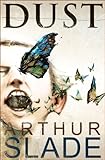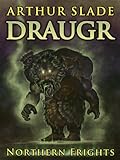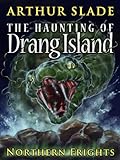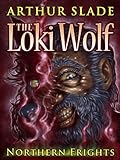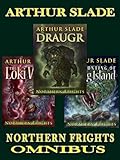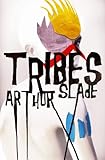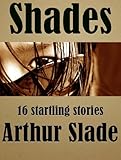Star Wars (Episode IV): The 1st Date
OMG. She's amazing. She like drives super fast spaceships, she wields swords made of light, she's adventurous and yeah, she whines a bit about her farm background and "getting off this boring" planet, but everything she says and does is so new and exciting. I love her wild hair! She's the type who shoots first. She even makes getting her trash compactor fixed sound sooo interesting. And at the end of the meal: Wow! Wow! Wow! Everything just explodes and she gives me a "First Date" medal. I am totally going to see her again.
The Empire Strikes Back (Episode VI): The 2nd Date
All the potential of the first date is realized and then some! She is deeper and more interesting than I thought. She likes snow vacations, but would dive into a swamp for adventure (heck she even once scooped out the innards of a large animal to survive the cold--now that's hard core). She knows even more groovy zen things and martial arts. Yeah, she has some father issues, but that just makes her sooo much more interesting. When the date ends it feels unfinished. She just leaves me wanting more. I HAVE to see her again. We are SO going to go steady. We might even get married.
The Return of the Jedi (Episode VII): The 3rd Date
It starts off like the first date all over again. Excitement! Action! She rescues the conversation when some rather sizeable fellow stumbles into our table. Then things get a little weird. Her friend who she almost dated is really her brother. She spends the last twenty minutes of the date talking about her cute stuffed pets and concocts an unbelievable story about how they could take on an army and win. Yeah right! But then things explode with excitement (again) at the end of the date--alas it's not as cool as last time. She still looks great though. I'm sure that was just a lull. I'm gonna move in with her.
The Phantom Menace (Episode 1): Going Steady
Okay. We're living together. Finally! It's been a long wait. But then she starts talking about politics and trade taxation and everyone she mentions has a hard to remember name. And she buys about ten thousand of those robot vacuum cleaners and makes them fight each other. Boring! Then her cousin, JJB, keeps hanging out at our apartment. I can't understand a word he says. Like who invited him? She gets a little spacey at times and talks more Taoist philosophy and about the virgin birth of her father. Huh? I tell myself be patient. Every relationship has its rough patch.
Attack of the Clones (Episode 2): The What? Moment
It's really hard to remember that first date now. We just sit at home in our apartment in our sweats. She's still talking and talking about politics and voting and clones and plots against her life ...you know I can't pay attention. The robot vacuums fight each other again. At least her cousin isn't hanging around. She just can't stop talking about her dad having to marry her mom in secret. It would be interesting if I wasn't already so bored. I'm starting to look at other women...there's a cute one with pointed ears who catches my eye. I don't do anything about it, though.
Revenge of the Sith (Episode 3): The Breakup
I am so tired of hearing about her past. It's completely, mind-numbingly boring. I think she's joining a republic. Apparently her dad didn't get some promotion he wanted and he went all wacko. What a suck! I look at her and think: can't we just go on one more high speed chase in space? Please? Or swing across a chasm with stormtroopers shooting at us? But no, she is so full of angst and hatred. I guess her mom died giving birth to her. Sad. She starts wearing black armour. At first, I thought, "kinky." But now it just freaks me out...plus she has a bit of a skin condition and all her hair falls out. And she rasps everything she says. Everything. I move out. I'm never coming back. Ever. I don't see her for years and years.
Then I hear that she changed her hairstylist and she wants to get back in touch with me. Yeah, sure. Maybe I'll see you again, darling--just don't bring your cousin.
Arthur Slade is the author of seventeen bestselling novels for young adults and the soon-to-be released graphic novel Modo: Ember's End










